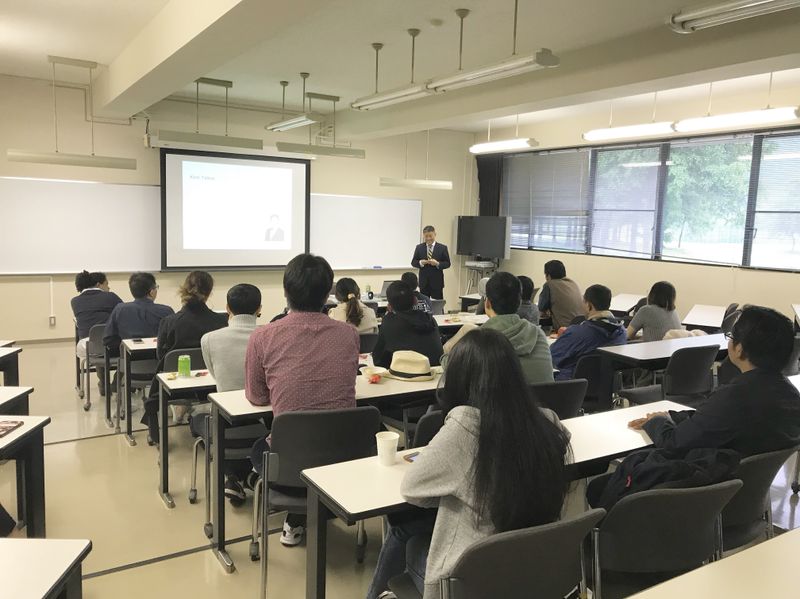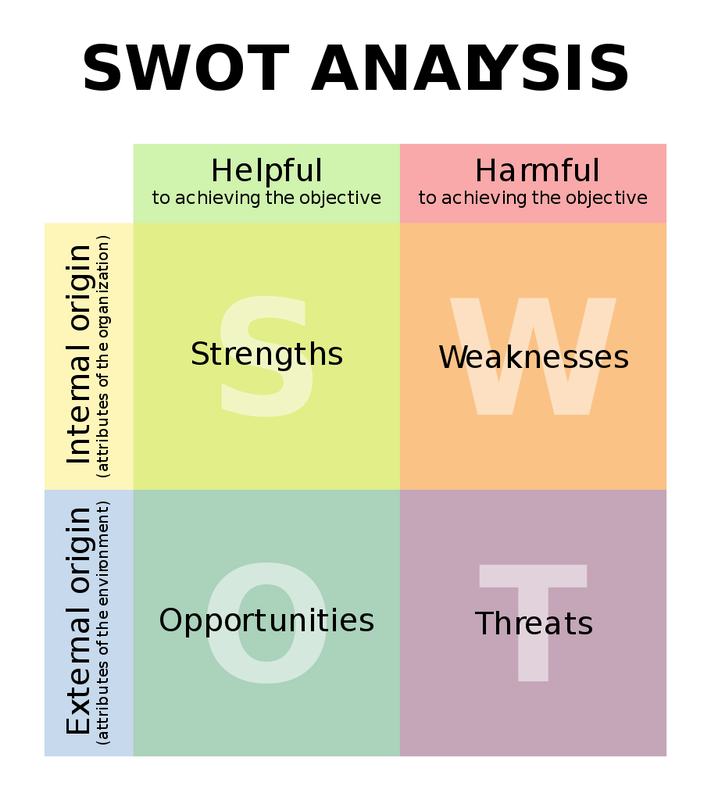Jun 27, 2018
Tips on finding work in Japan from a headhunter
Part of my job right now involves covering events at the university I work for, to promote on their social media channels. Recently, I got to sit in on an interesting guest speaker (and alumni!) who came back to talk to students about finding work in Japan after they graduate.
I thought his practical advice could be useful for anyone else who may be studying in Japan right now, looking at studying in Japan in the future, or perhaps has already completed a degree and is looking to find work here.

The guest speaker was Ken Takai, who works in the Tokyo office for the recruitment firm DHR International. He spoke with students for over an hour about his own career experiences after graduating with his MBA, as well as what he looks for when it comes to hiring people. Here are some of the pearls of wisdom he shared!
Complete your own SWOT analysis
Ken emphasised the importance of understanding your own strengths, weaknesses, opportunities and threats when it comes to job hunting. Knowing what you do well, or aspects where you might be lacking is important - as is having a wider understanding of external opportunities and threats out there. It might seem like a concept that we all learned back at high school from a careers counselor, but it's one of those invaluable tips that stands the test of time.

Pic Credit: Wikimedia Commons
Understand the differences in interviewing techniques compared to what you might be used to back home
Ken showed the audience a video about Japanese interviews - it gives a bit of a "what to expect" guide to some of the cultural nuances of interviewing here (you can watch it for yourself below). Having an understanding of many of these interviewing etiquette rules is important if you're planning on applying for a position with a Japanese company. If you're applying to a global company with an office in Japan, the differences might not be emphasised as much - but having a level of cultural awareness is important.
Be ready to answer interview questions using the STAR technique
The acronym stands for situation, task, action, and result, and it’s known as competency based interviewing, where a potential employer can see how you respond to different workplace challenges. Practicing some sample answers following the STAR technique was one of Ken's suggestions - for instance, answering a question like “tell me about a time where you handled a difficult situation” is a common one.
Know your recruitment channels
Ken placed importance on attending seminars, job fairs and career forums, registering yourself on job hunting websites, or even enlisting the help of a recruitment agency to match you with a position if you're trying to obtain a job within Japan after your studies. He mentioned that direct recruitment is still the most common way of obtaining employees here in Japan, but recruitment agencies and even social media networks are ways that companies find employees.



0 Comments